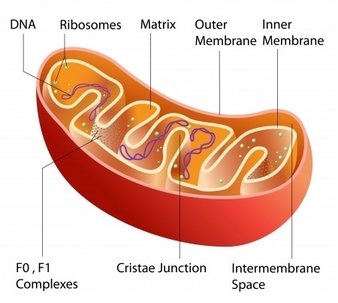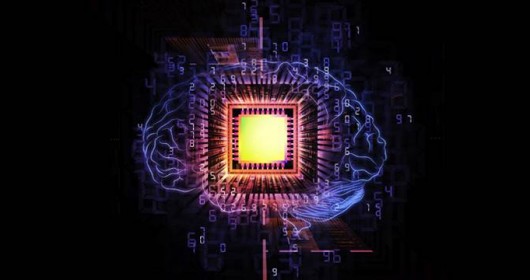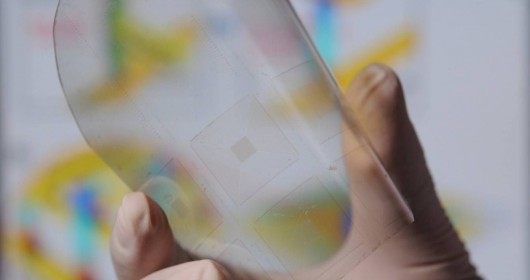Depression does not only change the way you think, it can also alter your DNA
We know, that there is a difference between feeling sad and being depressed. Depression is a medical illness that causes constant feeling of sadness and lack of interests. It can affect how person with depression feels, behaves and thinks and it is if often very underestimated. Researchers from Wellcome Trust Centre for Human Genetics (WTCHG) made a significant discovery regarding depression. Depression does not only leave you sad it also leaves marks on your DNA!
This does sound a bit crazy, but researchers were also skeptical at first. They were not sure to that point, that they required a substantial amount of convincing to believe it was not just a coincidence.
The story started with examination of the DNA of more than 11.000 people. Many of those people had a history of depression related to stress but there were also some, who have not had depression. At the beginning, the scientists were looking for a gene that can increase the risk of depression. But instead, they found out that stress-related depression correlated with an increase in length of the cell’s second genome: mitochondrial DNA.
Mitochondria is place in cell, where all the energy is created, so cell can flourish. If you have depression, mitochondria struggle to create energy for cells as effectively when they are under stress, so the body needs to compensate and create more mitochondria so it can keep up with the increased energy demand.

Mitochondria, source
Scientists also tested molecular changes in mice that were subject to four weeks of stress. Mice not only exhibited the expected increase in mitochondrial DNA, but also telomeres had reduced in length. Telomeres are small caps at the end of DNA and are protecting chromosomes from degradation and thus the loss of genetic information. Every time a cell makes copy of itself, the length of telomeres gets shorter until the cell can no longer divide. Changes in length of telomere and the increase of the mitochondrial DNA are highly reversible and after the mice were stress free, their DNA also recovered.
[sc:ad-text]
It is possible to say that to some extend, depression is a result of an environmental stress. This study has awesome potential for the future treatment of depression. Curing depression is not something that can be cured overnight. It requires time and the possible future indicators for new way of treating depression would be a reduction in the number of mitochondria and restored telomere-length.
[sc:end t=”Depression Can Change Your DNA”]









Leave a Reply